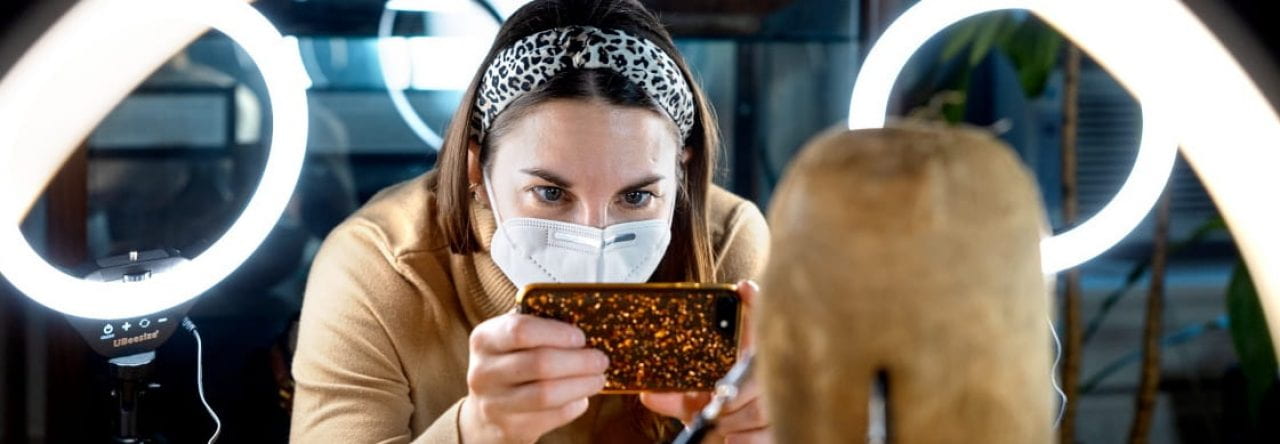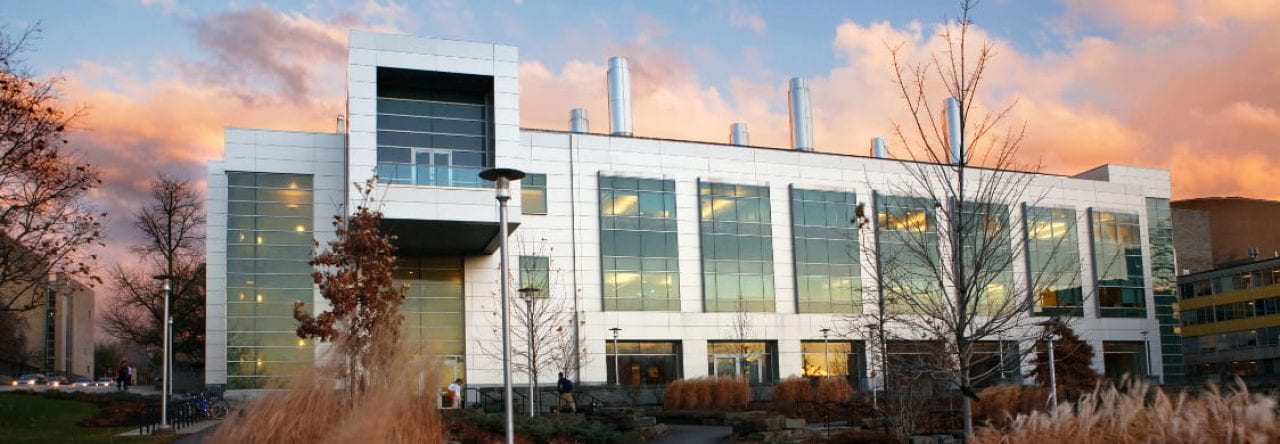Esak (Isaac) Lee
Assistant Professor, Nancy and Peter Meinig Family Investigator in the Life Sciences
Meinig School of Biomedical Engineering
Biography
Dr. (Esak) Isaac Lee joined the Meinig School as an Assistant Professor in July 2019. He is a Nancy and Peter Meinig Family Investigator in the Life Sciences and an Assistant Professor of Biomedical Engineering. Dr. Lee comes from the Wyss Institute for Biologically Inspired Engineering at Harvard University and Department of Biomedical Engineering at Boston University, where he worked with Professor Christopher S. Chen as a postdoctoral fellow in bioengineering, tissue engineering, and organs-on-chip technology. Dr. Lee’s postdoctoral study focused on developing three-dimensional (3D) tissue-engineered organ-on-chip models to better study lymphatic biology and cancer biology. He obtained his Ph.D. in Bioengineering from Johns Hopkins University, where he studied the roles of lymphatic and blood vessels in breast tumor growth and metastasis using both cell biology/biochemistry methods and mouse models, under the mentorship of Professor Aleksander S. Popel.
At Cornell, the Lee laboratory aims to create a nurturing community of diverse minds, all unified with the dedication to discovery, scholarship, and leadership. The lab seeks to combine the principles from engineering, biology, and medicine to develop novel, interdisciplinary ways to improve human health and wellness. To achieve this mission, Dr. Lee’s research program focuses on:
- understanding the morphogenesis, homeostasis and disease pathogenesis of lymphatic vessels, blood vessels and their microenvironments, and
- identifying new strategies for regenerative medicine and treatment of cancer, immune diseases, and edema. The laboratory is currently focused on further advancing the novel 3D organ-on-chip systems, as well as developing both cellular and molecular tools and in vivo models, to better understand the mechanisms through which cells regulate their response to biological and mechanical cues
A Virtual Tour of the Lee Lab
Research Interests
- Microfluidics
- Bioengineering
- Biomedical Engineering
- Tissue Engineering and Biomaterials
- Biomechanics and Mechanobiology
- Microfluidics and Microsystems
- Nanobio Applications
- Molecular and Cellular Engineering
Teaching Interests
Biomedical Engineering core/elective courses, such as Measurement and Instrumentation in Biomedical Engineering, Biomaterials and Tissue Engineering, Biomedical Microdevices, Biomimetics, Principle and Engineering in Cancer biology and Microcirculation.
Selected Publications
- A bioengineered lymphatic vessel model for studying lymphatic endothelial cell-cell junction and barrier function, Henderson AR, Ilan IS, Lee E. Microcirculation. Sep 27; e12730 (*Cover Article) (2021)
- Rapid multilayer microfabrication for modeling organotropic metastasis in breast cancer, Kwak T, Lee E, Biofabrication, 13: 015002. (2020)
- In vitro modeling of tumor spheroid interactions to perfused blood vessels, Kwak T, Lee E, Scientific Reports. 10: 20142. (2020)
- A biomimetic pancreatic cancer on-chip reveals endothelial ablation via ALK7 signaling, Nguyen DHT*, Lee E*, Alimperti SA, Norgard RJ, Wong A, Lee JJK, Eyckmans J, Stanger BZ, Chen CS, Science Advances. 5, eaav6789. (*Equal contribution). (2019)
- Breast cancer cells condition lymphatic endothelial cells within pre-metastatic niches to promote metastasis. Lee E, Fertig EJ, Jin K, Sukumar S, Pandey NB, Popel AS. Nature Communications. 5:4715. (2014)
Selected Awards and Honors
- Microcirculatory Society (MCS) Award for Excellence in Lymphatic Research, 2021
- Adam Rachel Broder Fund for Cancer Research, Cornell University, 2021
- Multi-Investigator Seed Grant, Cornell University, 2020
- Nancy and Peter Meinig Family Investigatorship by Provost, Cornell University, 2019
- Young Investigator Award, Gordon Research Conference (GRC) on Lymphatics, Lymphatic Education & Research Network (LE&RN), 2018
- LE&RN Postdoctoral Fellowship, Lymphatic Education & Research Network (LE&RN), 2016 – 2018
Education
- B.S. (summa cum laude, Chemical Engineering), Seoul National University, 2006
- M.S. (Pharmacy), Seoul National University, 2008
- Ph.D. (Bioengineering), Johns Hopkins University, 2014
- Postdoc (Bioengineering, Tissue engineering, Organs-on-chip), Wyss Institute at Harvard University & Boston University, 2019





